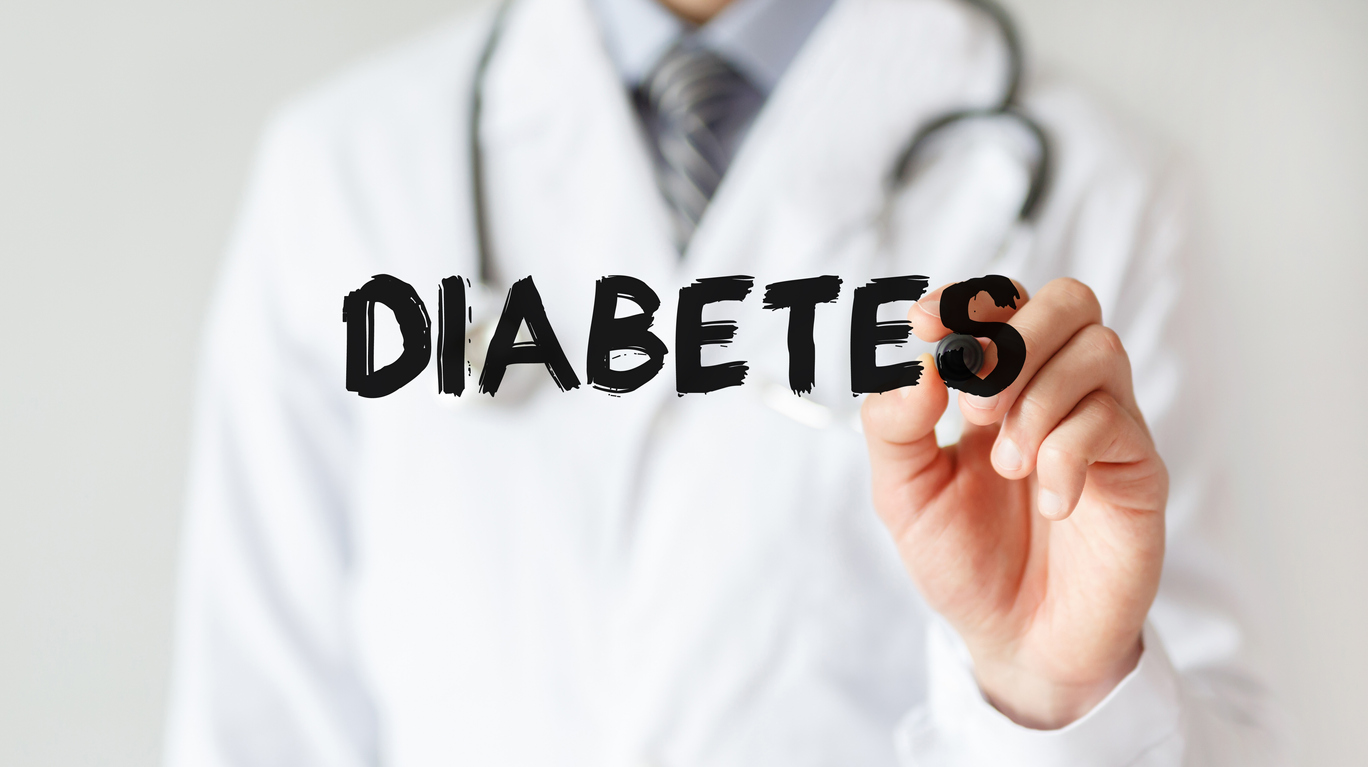By Ryn Thorn
African Americans are more than three times as likely to have kidney failure than Whites but four times less likely to have received a kidney transplant by one year after developing kidney failure. Researchers from the Department of Surgery at MUSC are attempting to address this inequity.
Kidney transplant surgeon Derek DuBay, M.D., and director of clinical trials David Taber, Pharm.D., developed an initiative to help to address kidney transplant disparities affecting African Americans. Read more from the Medical University of South Carolina (MUSC).








